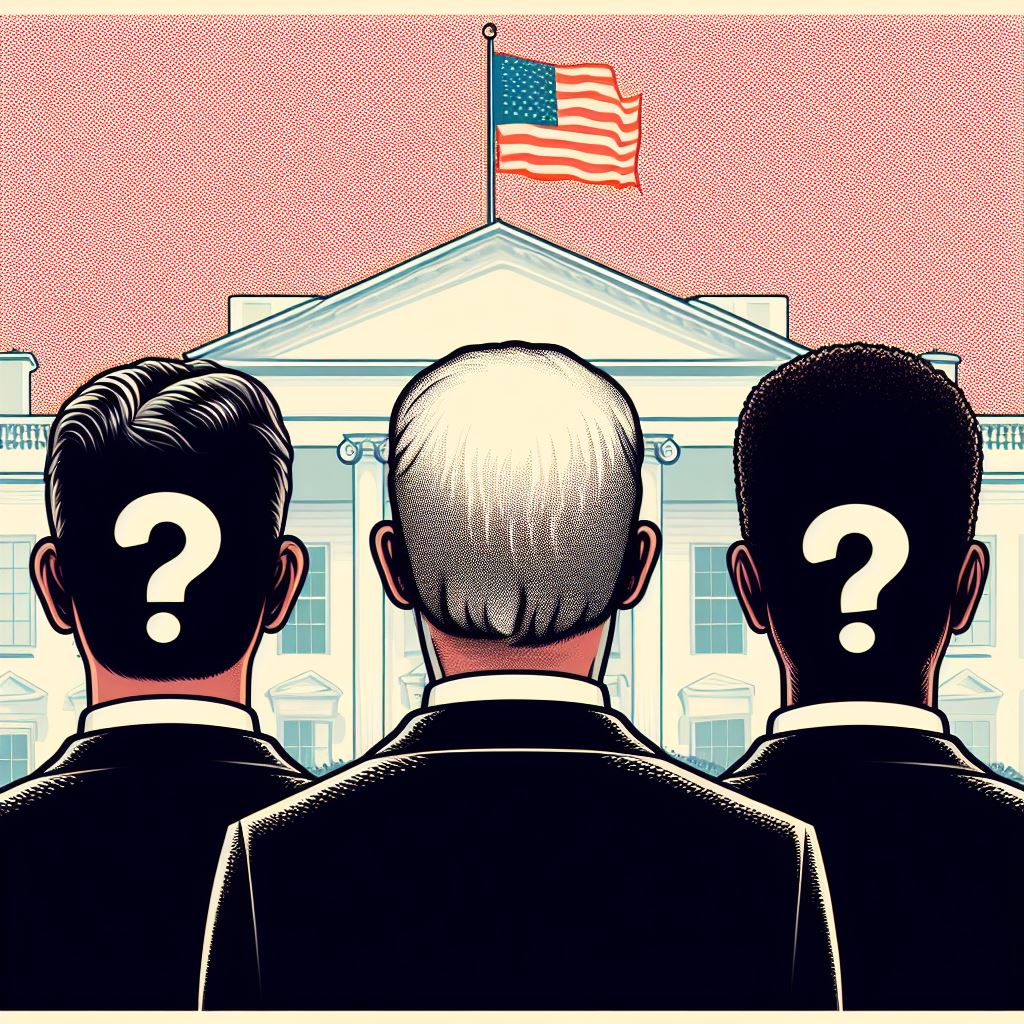These presidents carved their place in history without a high school education, leaving behind legacies that continue to inspire generations. Their stories remind us that the pursuit of knowledge and the indomitable human spirit can overcome any obstacle. Their achievements in the highest office of the land reflect the essence of the American dream, where merit and determination can lead to remarkable success. The legacies of Andrew Jackson, Martin Van Buren, and Grover Cleveland serve as enduring symbols of hope and possibility, showing that one’s beginnings do not determine their destination.
Only three U.S. presidents never went to high school: Andrew Jackson, Martin Van Buren, and Grover Cleveland. They were born into poverty, had to work hard from a young age, and didn’t attend high school, but they achieved great success.
Bonus Article: A Powerful Tool for University Students
Andrew Jackson

Andrew Jackson, born in 1767 in the Waxhaws region of South Carolina, faced a challenging childhood. His father passed away when he was just three, and his mother followed when he was fourteen. Orphaned, Jackson was raised by his grandparents and other relatives. He received some basic education from local tutors, but high school was not a part of his life.
Despite his early hardships, Jackson’s determination shone through. He worked as a saddlemaker and later pursued a career in law. These experiences eventually led him into the world of politics. He served as a U.S. Representative from 1796 to 1797 and as a U.S. Senator from 1797 to 1801. Jackson also took on the role of governor of Tennessee, serving from 1802 to 1804 and again from 1821 to 1823.
In 1828, Jackson achieved a remarkable milestone when he was elected President of the United States. His two terms in office, from 1829 to 1837, were marked by his strong-willed leadership and popularity. He became known for his support of the common man and his steadfast opposition to the Bank of the United States.
Martin Van Buren

Martin Van Buren, born in 1782 in Kinderhook, New York, had a background quite different from Andrew Jackson’s. He was the son of a tavern keeper and farmer. Van Buren received some basic education from local tutors, but high school was never a part of his educational journey.
Van Buren started his career as a clerk in a law office and eventually became a lawyer himself. Politics beckoned, and in 1803, he heeded the call. He served in the New York State Senate from 1812 to 1820 and later took on the role of the governor of New York, serving from 1829 to 1831.
In 1832, Van Buren’s political career reached new heights when he was elected Vice President of the United States under the leadership of Andrew Jackson. He served a single term as Vice President, from 1833 to 1837. In 1836, he achieved the pinnacle of his political career when he was elected President of the United States. Van Buren’s presidential term lasted from 1837 to 1841, and he earned a reputation as a skilled politician who supported the working class and staunchly opposed slavery.
Grover Cleveland

Grover Cleveland, born in 1837 in Caldwell, New Jersey, faced his own set of challenges. He was the son of a Presbyterian minister and, like Jackson and Van Buren, received some basic education from local tutors. However, high school wasn’t part of his educational journey.
Cleveland’s career path began with work as a clerk and a teacher. These early experiences eventually paved the way for his entry into the legal profession. In 1870, he ventured into politics and assumed the role of the sheriff of Erie County, New York, serving from 1871 to 1873. Later, he took on the position of the mayor of Buffalo, New York, from 1882 to 1886.
In 1882, Cleveland added another impressive achievement to his resume when he was elected as the governor of New York. This role marked a turning point in his political career. In 1884, he further solidified his place in history by being elected President of the United States. Cleveland’s presidential term lasted from 1885 to 1889, and he was admired for his support of civil service reform and his unwavering stance against corruption.
Conclusion
Andrew Jackson, Martin Van Buren, and Grover Cleveland, despite their diverse backgrounds and early challenges, became successful U.S. presidents without attending high school. Their stories are an enduring source of inspiration. They overcame adversity, relied on self-education, and worked tirelessly to achieve their goals, serving as a testament to the power of determination and perseverance.
FAQs
Q: Why didn’t these presidents go to high school?
All three of these presidents were born into poverty and had to work hard from a young age. During their time, high school was not as common as it is today.
Q: How did they educate themselves?
These presidents were avid readers and learned from their experiences and the people around them. Jackson and Van Buren also studied law, which played a pivotal role in their political careers.
Q: What can we learn from their stories?
The stories of these presidents teach us that success is achievable even without access to the same educational opportunities as others. Their journeys underscore the importance of hard work, resilience, and self-education.

